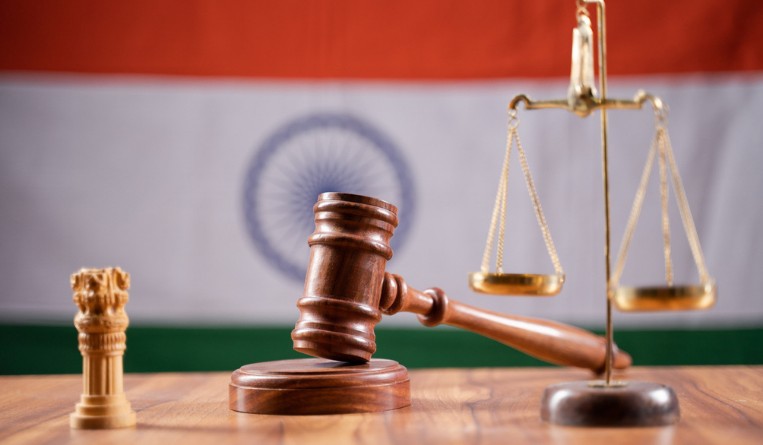India’s number of patents granted almost triple in 5 yrs, moves up in GII rankings
15 February 2022

India recorded an almost threefold increase in the number of patents granted in the last five years. The number of patents filed in the country in the same period also increased by 30 percent.
These developments pushed India up the Global Innovation Index (GII) rankings by more than 20 notches – from 81st spot in 2015-16 to 46th in 2021.
According to the government’s Economic Survey 2021-22, India had 9,847 granted patents in 2016-17. For 2020-2021, this number climbed to 28,391. In terms of patents filed, the figure rose from 45,444 in 2016-2017 to 58,502 in 2020-2021.

“Under the able leadership of Hon. Prime Minister Narendra Modi, the Indian industrial ecosystem has surely realized that Make in India is a critical need of the hour, for which investment in R&D and intellectual property is imperative. Therefore, Indian entities have increasingly, over the last three to five years, enhanced their focus on developing differentiated products and technologies which are strongly IP-backed, resulting in increasing number of patent applications being filed year on year,” said Tarun Khurana, a partner at Khurana & Khurana in New Delhi.
Launched on September 25, 2014, Make in India is a government initiative targeting to turn India into a global center of design and manufacturing activities.
Of course, Make in India isn’t the only catalyst for this growing volume of patent filings and patents granted. Schemes by other government agencies and organizations in India have also helped increase awareness on the importance of patents, both domestically and globally, among Indian entities.
Among these are the Department for Promotion of Industry and Internal Trade (DPIIT). The DPIIT coordinates the implementation of the government initiative Startup India. Launched in August 2015, Startup India aims to promote innovation and encourage the establishment and growth of startups.
Programs under the Ministry of Micro, Small and Medium Enterprises, Department of Scientific and Industrial Research and others as well as industrial associations have also contributed to these favorable developments in India’s patent scene.
“Owing to this, not only have the filings from startups increased significantly, but established entities such as telecom companies, IT entities, Indian Institutes of Technology and pharmaceutical companies have also seen sharp increase. This is made further efficient by the ability of entities to apply for expedited examination requests, which can help them get patents issued within 12-18 months on average compared to the average timeframe of over five years earlier. Further, the increase in the number of examiners/controllers at the Patent Office and focused training programmes for them, have made the patent prosecution smoother, more transparent and substantive in nature,” Khurana said.
However, Khurana added that these numbers won’t add up if the quality of the patent applications is weak.
“A key aspect however to be kept into consideration is the quality of patent applications being filed and prosecuted as unless the focus remains on quality of applications, the numbers won’t matter as such patents won’t be enforceable,” he explained. “Therefore, the broadness of claims, nature of claims and the quality of patent specification drafted does and would continue to play a critical role.”
Espie Angelica A. de Leon






